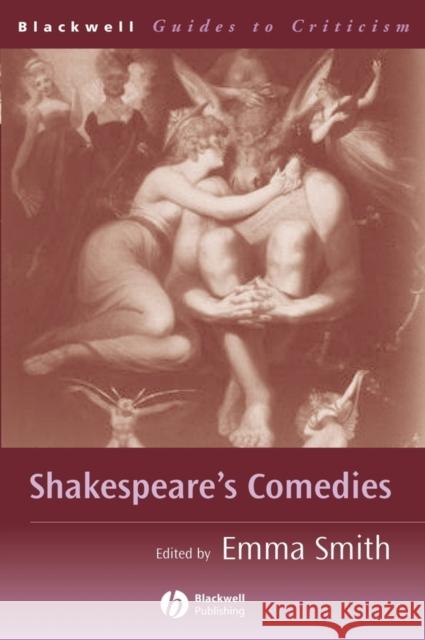Shakespeare's Comedies » książka
topmenu
Shakespeare's Comedies
ISBN-13: 9780631220121 / Angielski / Miękka / 2003 / 320 str.
This Guide introduces students to critical writing on Shakespeare's comedies over the last four centuries.
- Guides students through four centuries of critical writing on Shakespeare's history plays.
- Covers both significant early views and recent critical interventions.
- Substantial editorial material links the articles and places them in context.
- Annotated suggestions for further reading allow students to investigate further.











